Halloween, a spooky and thrilling holiday celebrated on October 31st each year, has a rich and fascinating history that spans centuries and cultures. What began as an ancient Celtic festival has evolved into a modern-day extravaganza, blending myths, superstitions, and traditions from various regions across the world. Let's take a deep dive into the historical origins and cultural traditions that have shaped Halloween into the holiday we know today.
The Celtic Festival of Samhain: Unraveling the Beginnings
The roots of Halloween can be traced back to the Celtic festival of Samhain, celebrated by the ancient Celts around 2,000 years ago in what is now Ireland, the United Kingdom, and northern France. Samhain marked the end of the harvest season and the beginning of winter, which was often associated with death and darkness. The Celts believed that on the night of October 31st, the boundary between the living and the spirit world blurred, allowing spirits and ghosts to roam freely on Earth.
To ward off these wandering spirits, the Celts lit bonfires and wore costumes made of animal skins, seeking to confuse the spirits and protect themselves. They also offered food and treats to appease the ghosts and prevent them from causing mischief. This practice laid the foundation for some of the modern Halloween customs we observe today.
The Influence of Roman and Christian Traditions
With the expansion of the Roman Empire, elements of Roman festivals like Feralia (commemorating the dead) and Pomona (honoring the Roman goddess of fruits and trees) intermingled with the Celtic practices of Samhain. After the Romans conquered the Celtic regions, these traditions began to merge, gradually transforming the Celtic festival into a more inclusive celebration.
In the 7th century AD, Pope Boniface IV established All Saints' Day, or All Hallows' Day, on November 1st. This day was dedicated to honoring all Christian saints, a move by the Christian church to Christianize the pagan festivals occurring around the same time. The evening before All Hallows' Day became known as All Hallows' Eve, which later evolved into the term "Halloween."
Halloween in America: A Blend of Old and New
The history of Halloween took another turn with the arrival of European immigrants, particularly the Irish, in America during the 19th century. They brought with them their Halloween traditions, which mixed with other cultural practices and beliefs in the melting pot of American society. The Irish practice of carving turnips and later pumpkins, for instance, gave birth to the iconic jack-o'-lantern.
During the late 1800s and early 1900s, Halloween became a community-centered holiday with activities like festive parties, parades, and games for both children and adults. Trick-or-treating, a widely-loved Halloween activity, is believed to have its origins in the medieval practice of "souling," where the poor would go door-to-door on All Hallows' Eve, singing and offering prayers for the dead in exchange for food.
Modern-Day Halloween: A Global Phenomenon
Today, Halloween has transcended borders and become a global phenomenon. Many countries around the world have embraced the holiday's spooky spirit and have incorporated their unique cultural twists into the festivities. From the Dia de los Muertos in Mexico to the Hungry Ghost Festival in China and the Bon Festival in Japan, each culture has its own way of honoring the deceased and celebrating the supernatural.
Halloween has also evolved beyond its historical and religious roots. It has become a commercial holiday, with businesses capitalizing on the demand for costumes, decorations, and themed events. Moreover, modern Halloween celebrations often feature haunted attractions, horror movies, and themed parties, making it an exciting and thrilling experience for people of all ages.
Preserving Traditions for the Future
As Halloween continues to evolve, it is essential to remember its historical significance and the diverse cultural traditions that have shaped it into what it is today. Understanding the origins of Halloween allows us to appreciate the holiday on a deeper level, as we participate in the timeless rituals of dressing up, carving pumpkins, and gathering with loved ones.
So, this Halloween, take a moment to reflect on the haunted history of this beloved holiday as you join in the festivities. Whether you're trick-or-treating, attending a spooky event, or just spending a cozy night at home, remember the ancient Celts and their beliefs, the merging of cultures through time, and the enduring spirit of Halloween that unites us all in the thrill of the unknown. Happy Halloween! 🎃👻
